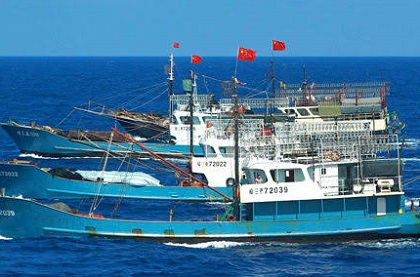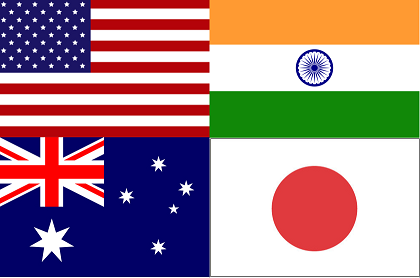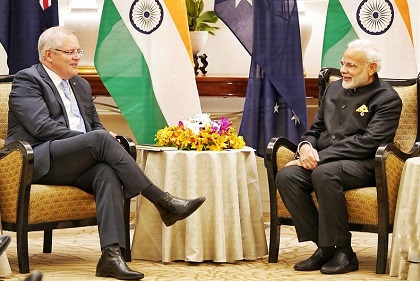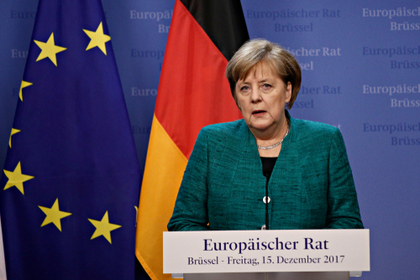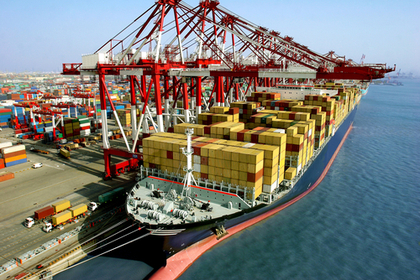Latin America’s COVID-19 lessons for India
India and Latin America share similar demographics and challenges of density in the battle against COVID-19 India currently trails Latin America in the extent and volume of infection by a few weeks. Collaboration and sharing of local best practices can help both regions combat the contagion better.


